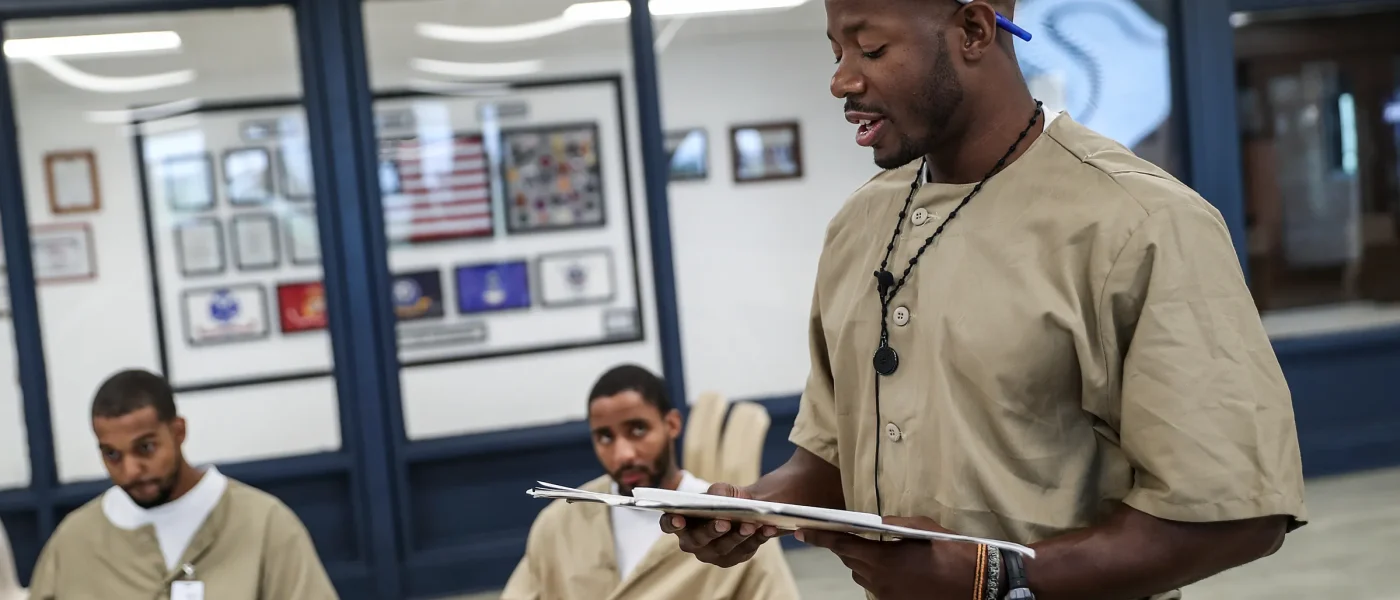Literacy is a cornerstone of personal growth, yet many incarcerated individuals face significant challenges due to low literacy levels. This gap often limits their ability to reintegrate into society and break the cycle of recidivism. However, innovative prison literacy programs are proving to be a game-changer, opening doors to new opportunities and brighter futures for inmates.
Changing Lives Through Literature
Programs like “Changing Lives Through Literature” (CLTL) exemplify the profound impact of reading. Since its inception in 1991, this initiative has offered offenders alternative probation sentences centered around the transformative power of literature. Participants engage in discussions about books, learning not only about the characters but also about themselves. Studies consistently show that CLTL graduates have lower recidivism rates than non-participants, highlighting the role of education in reducing crime.
Peer-to-Peer Learning with Shannon Trust
Another remarkable initiative is the Shannon Trust’s Reading Plan in the UK, where literate prisoners mentor peers struggling with reading. This peer-to-peer model builds confidence, fosters mutual respect, and significantly enhances literacy skills. The added benefit? Reduced reoffending rates and a prison environment enriched by collaboration and learning.
Strengthening Family Bonds with Storybook Dads
Family connection is another critical factor in rehabilitation, and programs like “Storybook Dads” address this need beautifully. Incarcerated parents can record themselves reading stories, which are then sent to their children. This simple yet powerful initiative strengthens family bonds and encourages a love of reading across generations.
Expressing Through Creative Writing
Creative outlets also play a vital role in prison education. Creative writing programs allow inmates to express themselves, reflect on their experiences, and develop a sense of purpose. Writing not only provides emotional release but also equips participants with communication skills essential for reentering society.
The Lifeline of Literacy
These programs underscore an important truth: literacy is more than a skill—it’s a lifeline. By empowering inmates to read, write, and connect with their families, these initiatives pave the way for personal transformation and societal reintegration. They remind us that education is a powerful tool for change, capable of breaking down barriers and unlocking human potential.
How You Can Help
As communities, we can support these efforts by advocating for expanded access to literacy programs in correctional facilities. Together, we can help ensure that every individual, regardless of their past, has a chance to build a better future.
Let’s turn the page for a brighter tomorrow.


